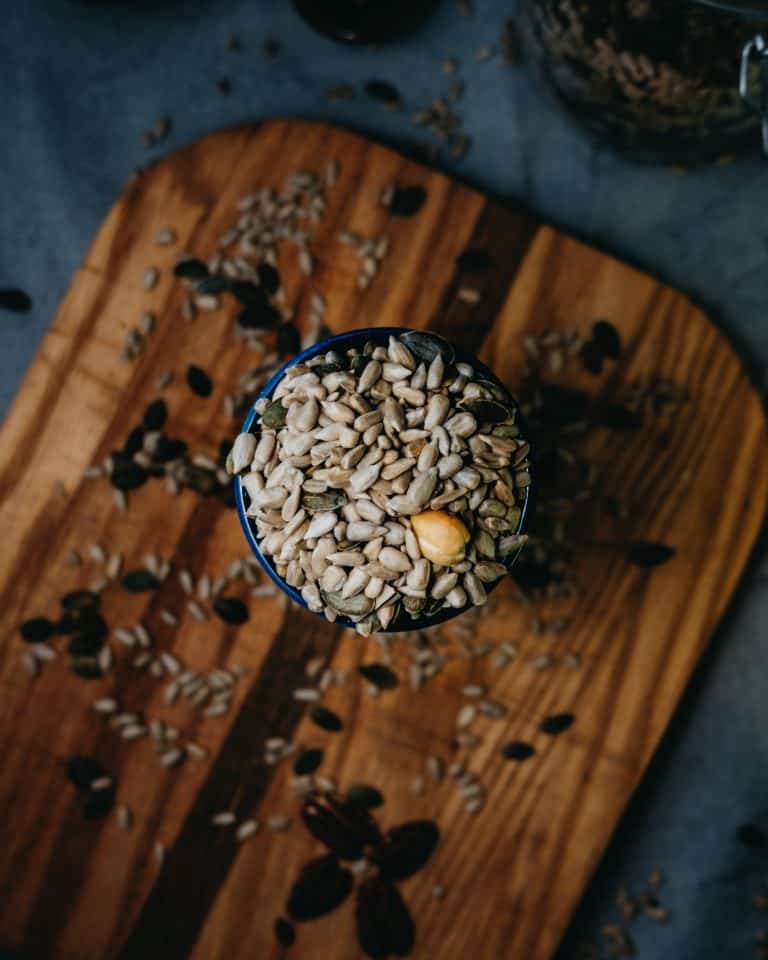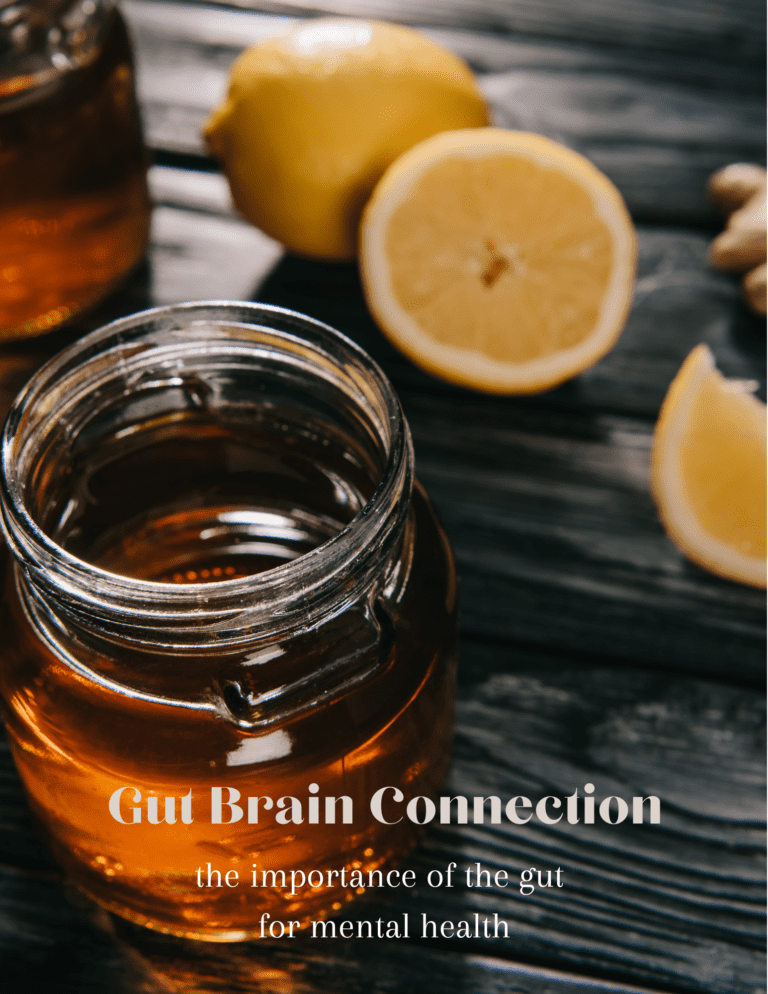Ever wondered what causes your bloating? Why do you get bloated with some foods, but not others??
Bloating is a common term to describe the “full” feeling in our stomach after we eat something or that feeling we get during our pre-menstrual period. Bloating can be interpreted in many ways and sometimes it can make it difficult to distinguish what is “normal” bloating and what might be “abnormal” bloating.
Yes, bloating is normal and there are times when it’s expected. So, what is bloating? And when is it normal?
Bloating
Bloating is a feeling of being overly full or have a “distended” abdomen, which means that your abdomen is slightly pushed out and feels hard to the touch. We often get this feeling if we eat too much or eat something that makes us feel “gassy”.
It’s that “I have to unbutton the top button of my pants” feeling!
When is bloating normal?
Bloating is actually a normal occurrence. It happens when the gut bacteria feed off of what we just ate. They produce gases as a bi-product of their own digestion.
Digestion inside of digestion…. trippy.
If you’ve ever noticed, eating a lot of vegetables can cause gas. Carbohydrates can also increase gas.
The reason vegetables produce gas is because they are very fibrous; or indigestible material. Vegetables are also known as PREbiotics; aka, fuel for the gut microbes.
Carbohydrates may also produce a lot of gas because the gut bacteria utilize Short Chain Fatty Acids (SCFA’s) as fuel, which are primarily found in carbohydrates.
Did you know that carbohydrates and fiber (fruits and veggies) are the preferred food for gut bacteria? (1) Proteins (amino acids) take a lot more work to break down!
Typically, the gas you may feel with consuming a lot of fiber or carbohydrates does not have anything to do with your tolerance to the foods, and is simply just the gas that the gut bacteria are creating.
Sodium is another contributor to the feeling of being bloated. Our food supply and the Western diet is full of added sodium to preserve our food and help it withstand a longer shelf life. Because of that, our sodium intake has increased dramatically as a nation. Without the appropriate amount of water to help flush the sodium out of our bodies, we can retain more water.
Sodium binds to water and therefore, we hang onto a ton of excess water.
Do you know what helps get rid of the sodium that’s hanging onto that water? MORE WATER! (I know it’s kind of contradictory, but it works!)
Another reason people may be feeling “bloated” is simply some weight gain. This sounds straight forward, I know, but if your pants are getting tighter and you feel a tight waistband, then you may just be experiencing some mild weight gain and not actually bloat.
PMS or pre-menstrual syndrome is also a cause of temporary bloating. This is usually caused by a retention of water and usually relatively easy to fix with increasing your fluid intake or some exercise.
When is bloating abnormal?
Bloating can become a problem when it is chronic and/or painful. Also, it might be abnormal when combined with other symptoms.
I think that is the key take away here is that if it happens all the time and it is starting to interfere with your life, then there may be underlying gut issues. If you have pain associated with it or every time you eat a certain food you look like you’re full of air, then you may need to start identifying the cause of the bloating.
Unfortunately, it can be hard to distinguish whether or not bloating is normal or abnormal for a while. You may just feel like you are over eating or that you ate something that didn’t agree with you, but keep in mind how often you feel that way.
You won’t be able to miss it, trust me!
When I was dealing with bloat, I felt like ALL the time I couldn’t fit into my own pants. I even thought I was just gaining weight (probably was to be honest!). But, I also had another underlying symptom skin rash. I never linked the two together, but as I started addressing the rash, the bloating naturally decreased as well.
Once I started focusing on healing my own gut environment and after reading a ton of books and research articles, I noticed a change in the amount of bloat I was feeling.
Ways to alleviate bloating?
Exercise helps break up gas production in your stomach and may help reduce distention
Increase your water intake. Hydration, hydration, hydration!
Decrease OR increase your fiber intake. Take a look at your fiber consumption. If we don’t have a consistent intake of fiber, then we can get super bloated when we finally do eat something with fiber. Try to keep your fiber intake consistent (ex. eat a serving or 2 of veggies/fruits a day) and increase it gradually rather than all at one time.
Bloating can be one of the more tricky symptoms to identify as an issue because virtually everyone gets some sort of bloating as a normal function of the digestive system.
MAIN TAKEAWAY
The best thing you can do is to pay attention to the frequency of your bloating symptoms and try some of the alleviating tips above! If all of those fail, then you may have some gut healing work to do!
Leave a comment below if you’ve struggled with bloating and some things that have helped you overcome it!
Give me a follow on Instagram for more gut health related content!
Related Posts:
Sources:
https://microbiomejournal.biomedcentral.com/articles/10.1186/s40168-019-0704-8



